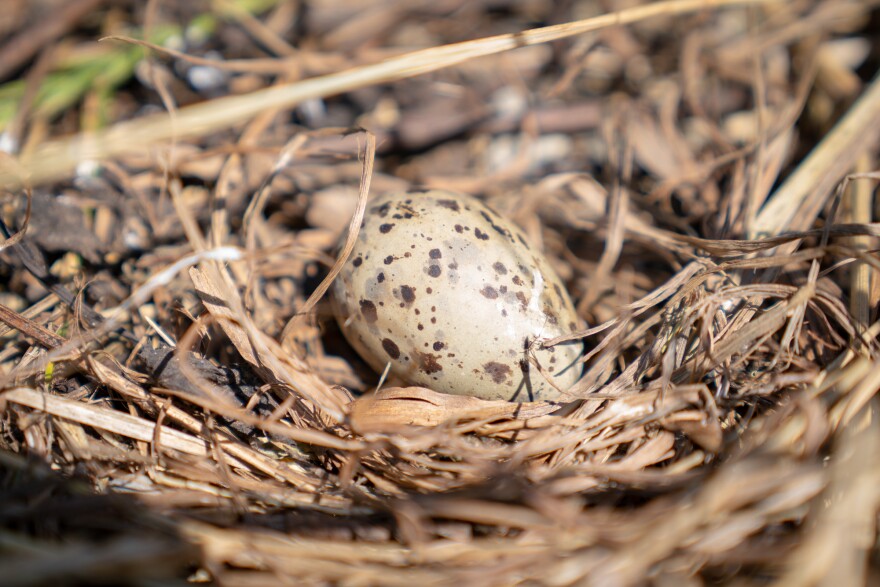Biologists say that puffin chicks that hatched on several of Maine's offshore islands this year struggled with storms, predation and food shortages, and most were unlikely to survive.
After near-extirpation from the U.S. during the 1800s, Maine's puffin population is the only one that's been re-established in the continental U.S. Linda Welch, a wildlife biologist with the U.S. Fish and Wildlife Service, says this year has been their toughest in recent memory.
On Petit Manan, she says, 90% of the nesting puffins failed to produce a chick and some abandoned their nests. Chicks that did hatch and survive to the fledging stage were leaving their rocky island burrows well-below weight.
"And also 40 to 50% smaller than we normally see... And I've never seen that before. We were calling them "micro-puffins." I've never seen a bird fledge (when it was) not at the correct size," Welch says.
On other islands, such as Matinicus Rock, the failure rate was more severe. Welch says several circumstances together amplified the birds' hardships, such as June rain storms that disturbed nesting sites, and intense predation by black-backed gulls and ravens.
And there was a scarcity of forage fish such as herring, sand lance and hake that parent puffins dive for and bring back to their chicks. As in 2015, Welch says, there was a relative abundance of a more southerly species called butterfish, which adult puffins can eat. But they are too big for the chicks to swallow.
"There was a puffin chick that had reached the age where it should have been able to leave its burrow. It was fully feathered. It was dead in the burrow and there were probably ten or 12 carcasses of butterfish surrounding it," Welch says.
Welch says puffins can live and reproduce for decades, providing resilience against a single bad year. But bad years are becoming more frequent. She adds, though, there is a possibility that as ocean warming continues, and species shift to new habitats, other forage fish that the chicks can eat might become more abundant.


